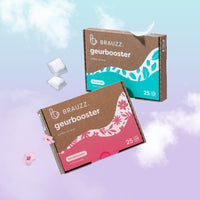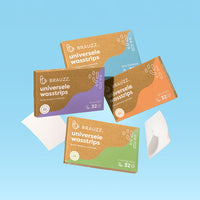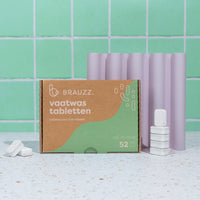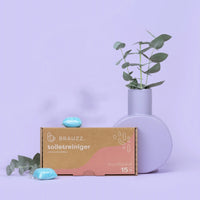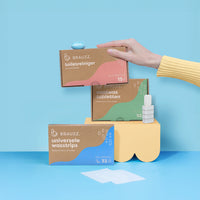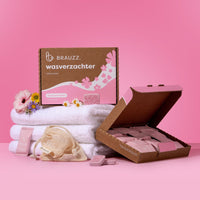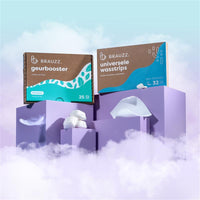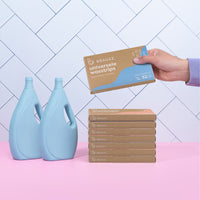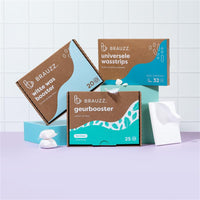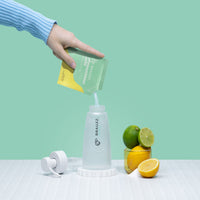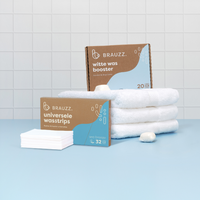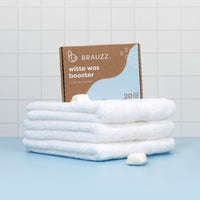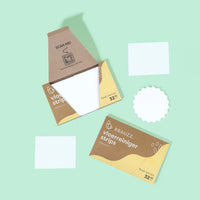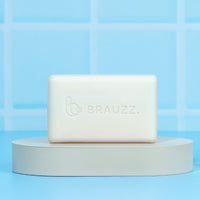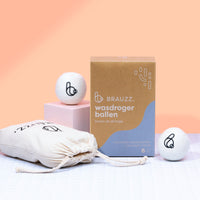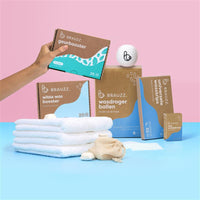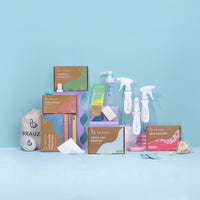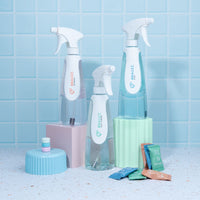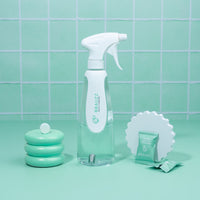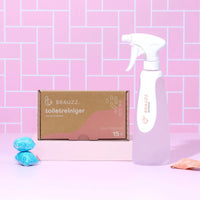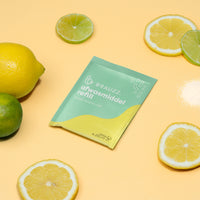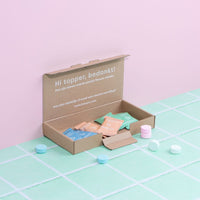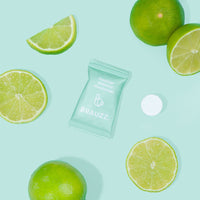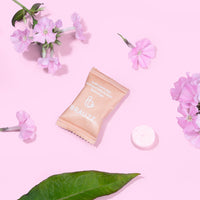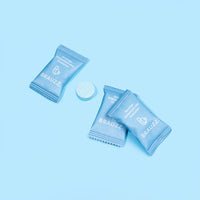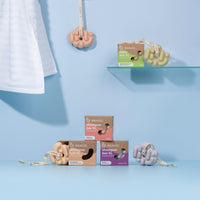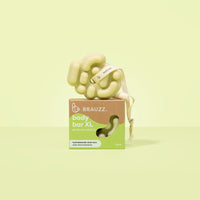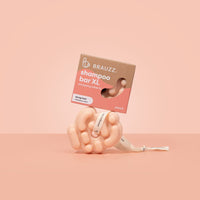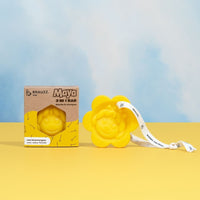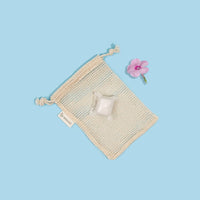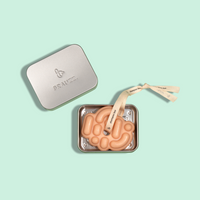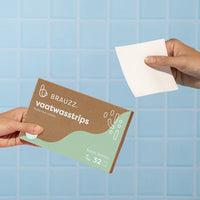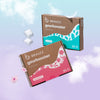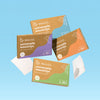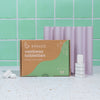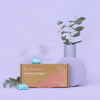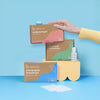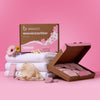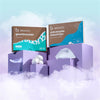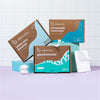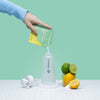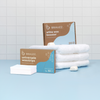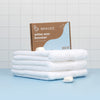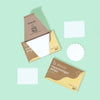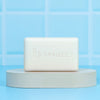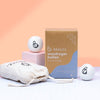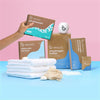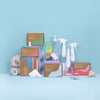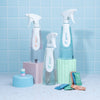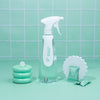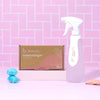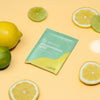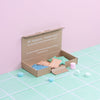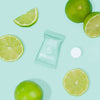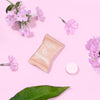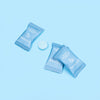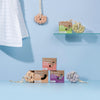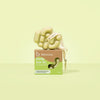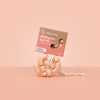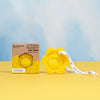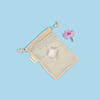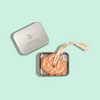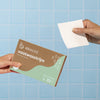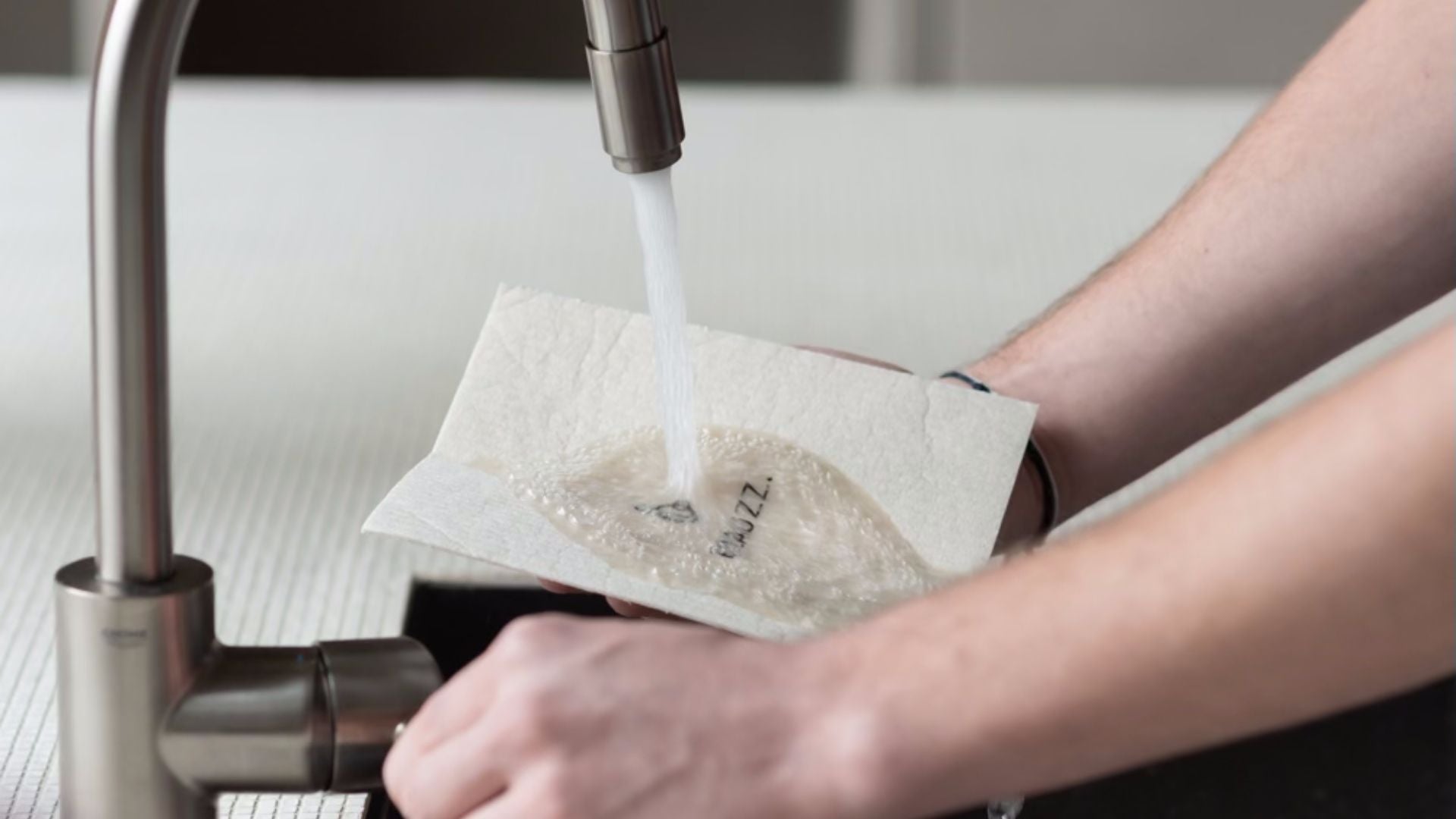Sponges and cloths - Secret polluters
When you are trying to reduce your ecological impact while cleaning, choosing the right cleaning product is the first thing you think about. However, one aspect that is often overlooked is that of the utensils you clean with.
Sponges and cloths have a bigger ecological impact than most people realize. In fact, there are secret pollutants among the various cleaning attributes.
Microfiber cloths
Microfiber cloths, the holy grail of all those who take cleaning a little seriously, unfortunately have a lot of bad effects on the environment. They feel like they are made of cloth, but in reality they are made of plastics.
Not only are they not recyclable because of the way the material is woven and produced, but they can also introduce microplastics into the water when they are washed. These can end up in our water system and thus just end up on your plate the next time you eat a piece of fish. Studies suggest that on average, people ingest about 5 grams of plastic (the equivalent of a credit card) per week. Gulp...
If you currently use a microfiber cloth to clean, try to limit the number of times you put it in the washing machine and try to use it as often as possible before throwing it away. It is an extremely efficient cloth, but still think twice before you purchase a new cleaning cloth.
Sponge-cloths
Because of their suction power, sponges have been very popular for decades. Normally, a sponge is a living animal that lives in water, stuck to the bottom in oceans, seas and rivers.
However, in order to meet the high consumer demand for sponges and not stir up nature unnecessarily, a way had to be found to mass-produce them in a different way. Thus, traditional plastic sponges and sponge cloths ended up in people's homes and then in landfills, where they remain to this day and refuse to rot away.
When used correctly, it is recommended to throw away a traditional sponge about once a week, because of the billions of bacteria that accumulate in it. Washing the sponge releases the countless microplastic particles back into the environment.
Despite these drawbacks, plastic sponges are still the number one cleaning utensil found in most homes.
Sustainable alternative?
Now you already know which cleaning utensils are best to avoid to minimize your impact while cleaning. But as a consumer, it's often difficult to choose the right alternatives. Well, we have good news: We've taken that job from you and are pleased to present the newest member of the BRAUZZ. family: The natural sponge cloth!
It has suction and cleaning power equivalent to its synthetically manufactured counterpart. Plus, it can be infinitely washed and reused and is made from sustainable, renewable resources. Have you used the cloth so often that a new one is in order? No problem, the BRAUZZ. sponge cloth is just perfectly compostable at home and thus 100% biodegradable!
Will the BRAUZZ. natural sponge cloth become your new cleaning buddy?
 |
Natural sponge cloth (set of 2)View product |
